China announces $50 billion in retaliatory tariffs on U.S. soybeans, airplanes, 104 other products
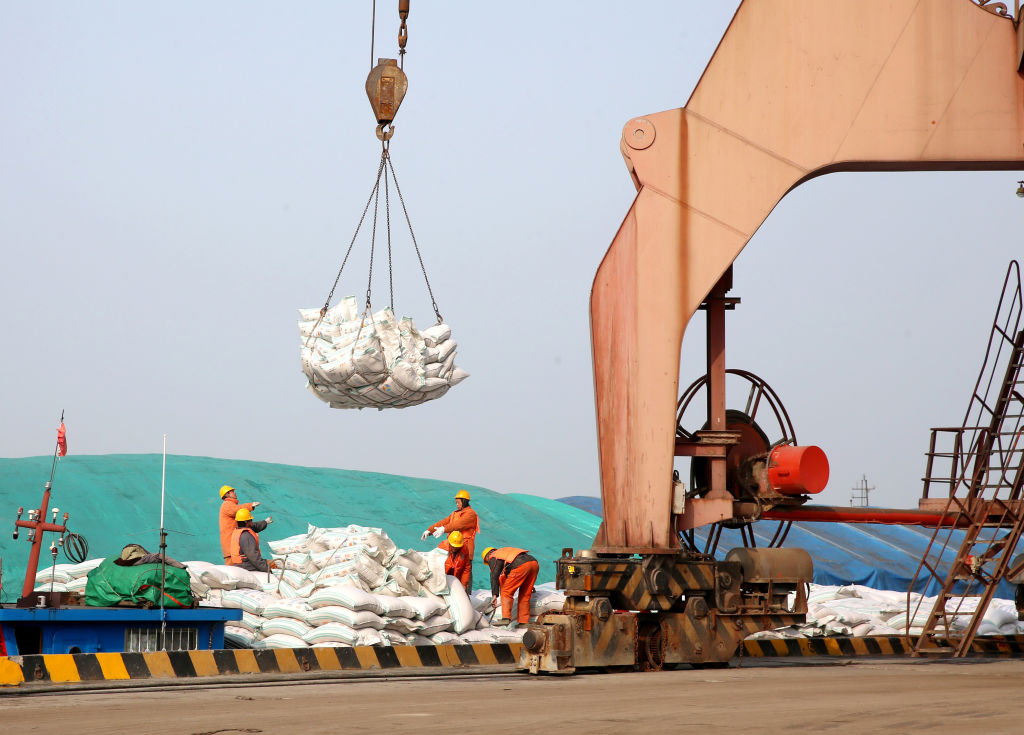

On Tuesday, the Trump administration unveiled a 25 percent tariff on $50 billion worth of Chinese goods, from lithium batteries to flame throwers, and a few hours later, China hit back, saying that if Trump imposes the tariffs after the May 11 public comment period ends, China will slap 25 percent tariffs on a list of 106 U.S. products, including soybeans, airplanes, and automobiles. The speed of the retaliatory tariffs surprised analysts, and the inclusion of soybeans, the top U.S. agricultural export to China, underscored the seriousness with which China is taking Trump's trade moves.
This is the second round of trade war warnings between the Trump administration and China. On Monday, China announced $3 billion worth of import duties on U.S. fruit, pork, wine, and other goods, to match Trump's 25 percent tariff on steel and 15 percent tariff on aluminum. Peter Navarro, a White House aide and top architect of Trump's hawkish trade policy, told CNBC on Monday that "everybody needs to relax" about the trade war fears, insisting that Trump's trade policies are "good for the market." Fellow economists from both parties disagreed with his analysis — on trade, inflation, the effects of the tax cuts, foreign investment, and basic economic principles. "99.999999% of economists agree," former Obama economic adviser Jason Furman told CNBC. "The rest are Peter Navarro."
Subscribe to The Week
Escape your echo chamber. Get the facts behind the news, plus analysis from multiple perspectives.

Sign up for The Week's Free Newsletters
From our morning news briefing to a weekly Good News Newsletter, get the best of The Week delivered directly to your inbox.
From our morning news briefing to a weekly Good News Newsletter, get the best of The Week delivered directly to your inbox.
A free daily email with the biggest news stories of the day – and the best features from TheWeek.com
Peter has worked as a news and culture writer and editor at The Week since the site's launch in 2008. He covers politics, world affairs, religion and cultural currents. His journalism career began as a copy editor at a financial newswire and has included editorial positions at The New York Times Magazine, Facts on File, and Oregon State University.
-
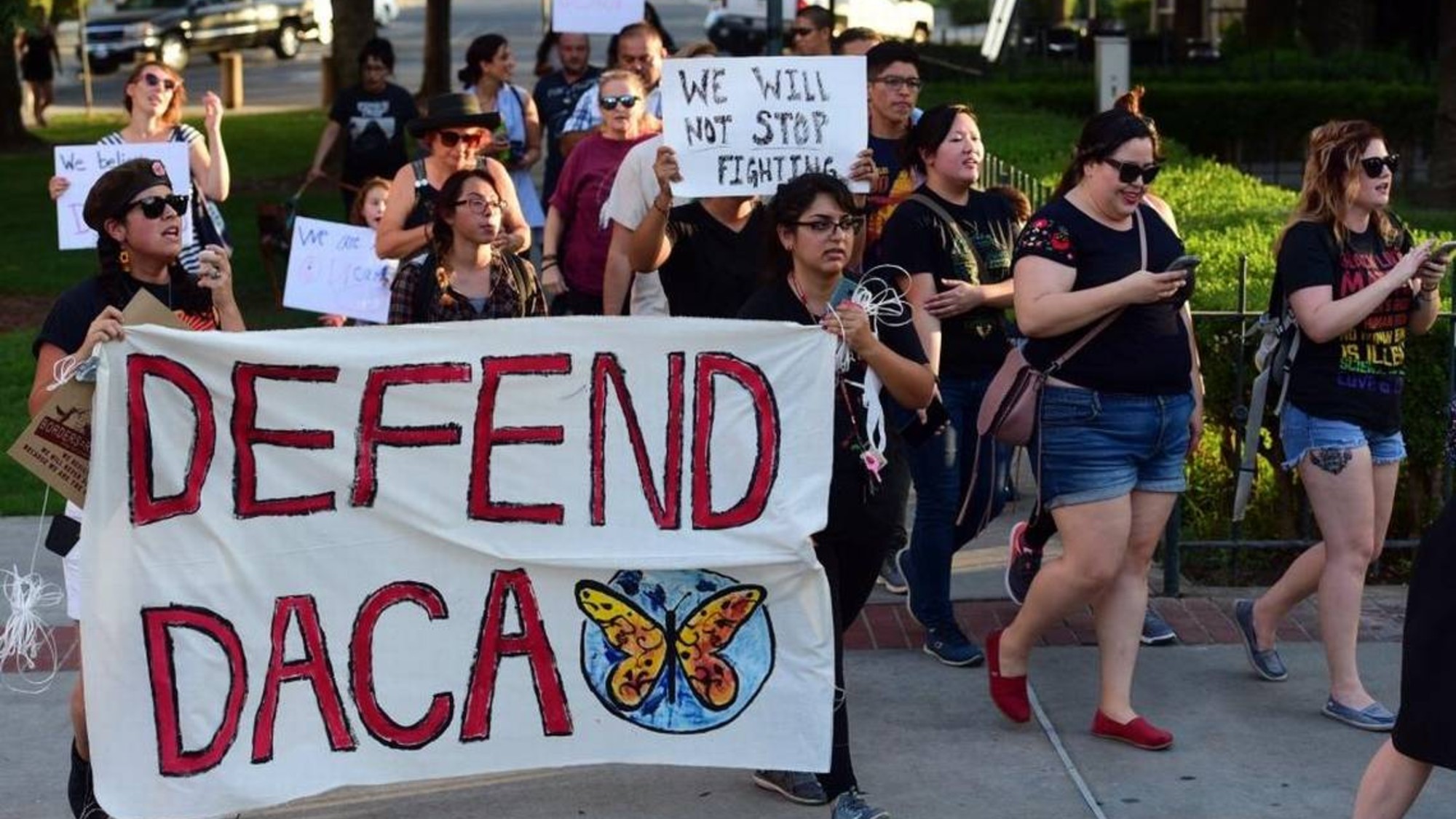 'Discriminating against DACA students'
'Discriminating against DACA students'Instant Opinion Opinion, comment and editorials of the day
-
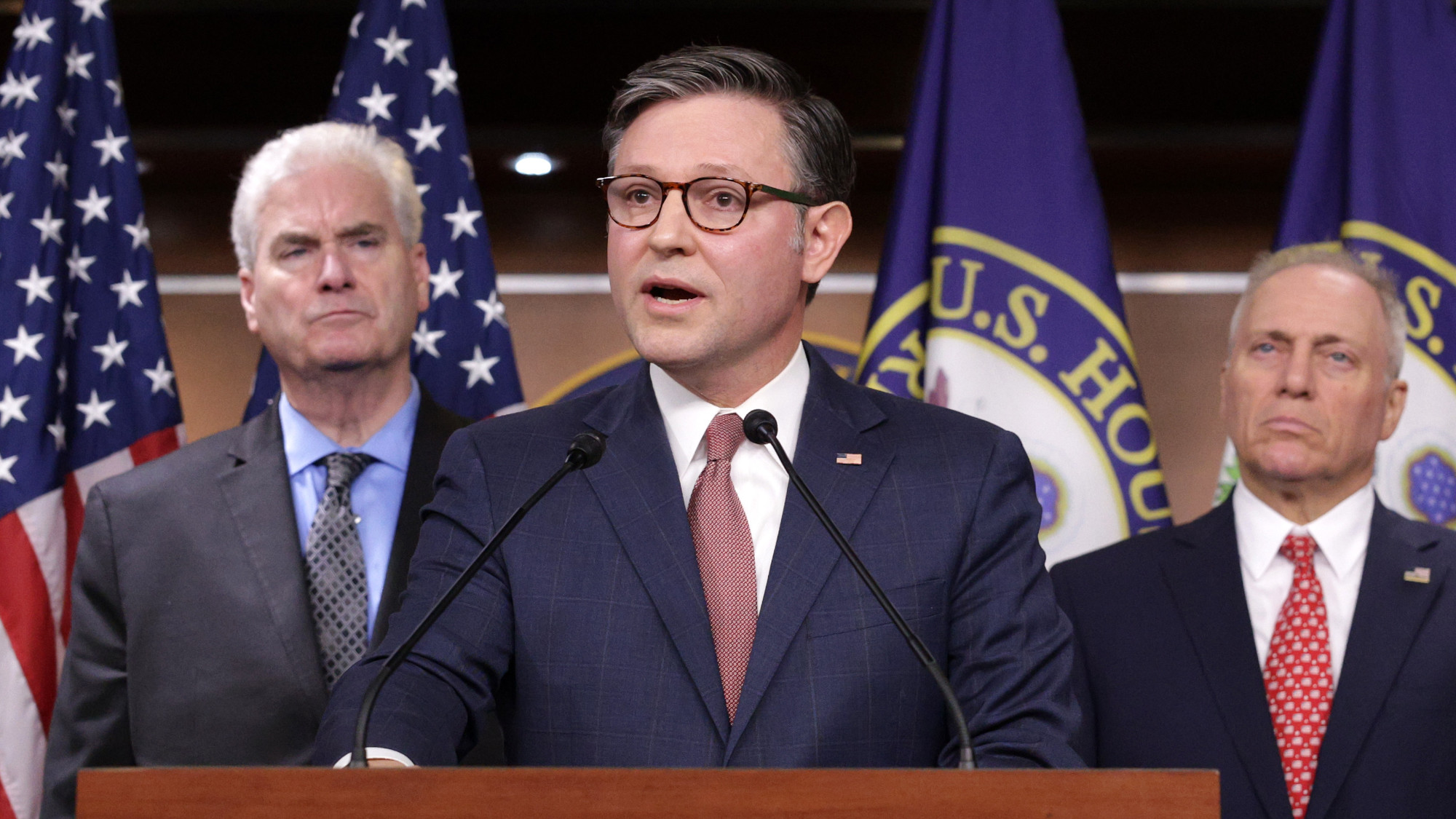 Epstein: A boon for Democrats?
Epstein: A boon for Democrats?Feature Democrats' push to release the Epstein files splits the GOP, sending the House into an early summer recess
-
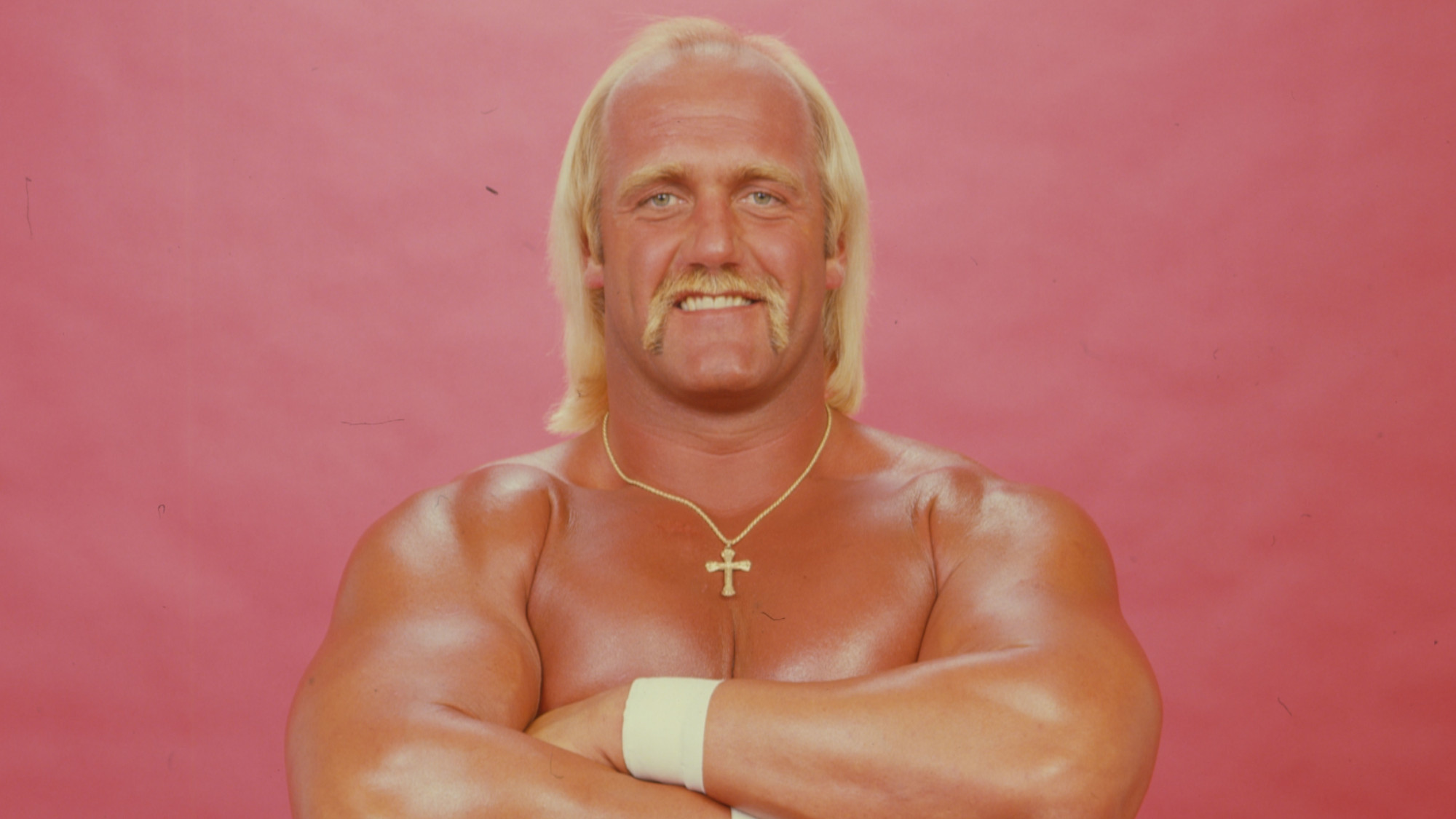 Hulk Hogan
Hulk HoganFeature The pro wrestler who turned heel in art and life
-
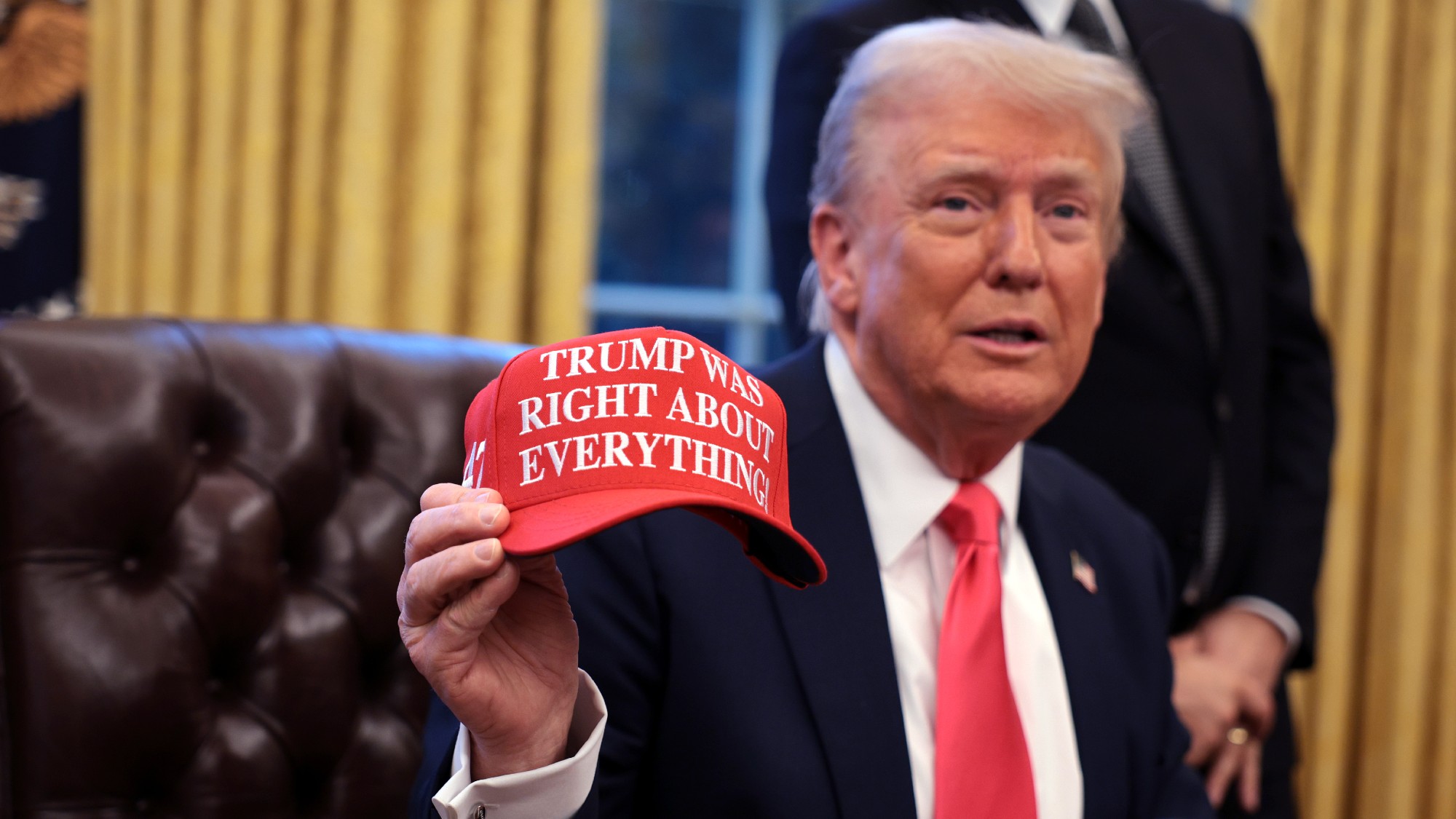 Is Trump's tariffs plan working?
Is Trump's tariffs plan working?Today's Big Question Trump has touted 'victories', but inflation is the 'elephant in the room'
-
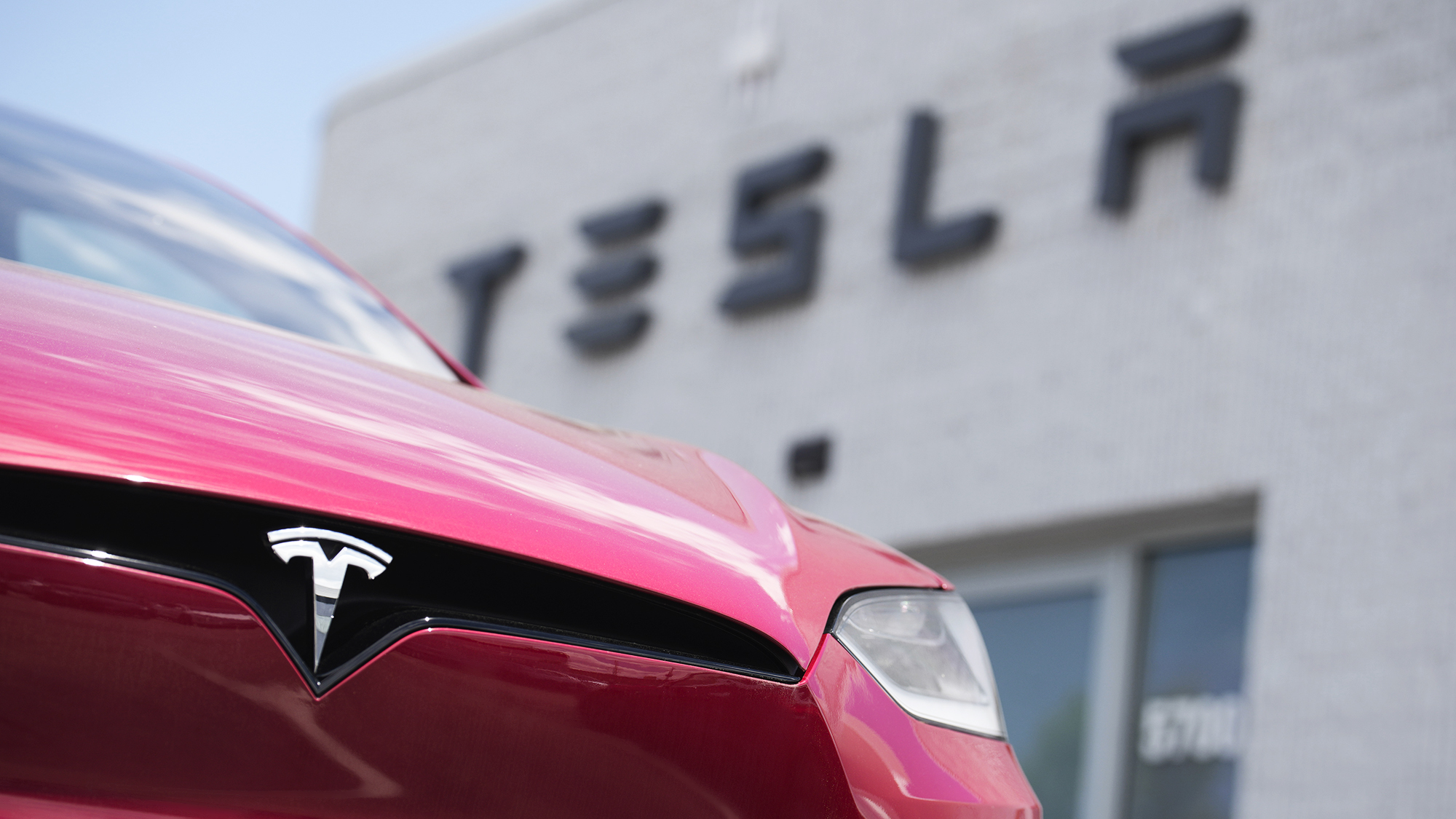 Samsung to make Tesla chips in $16.5B deal
Samsung to make Tesla chips in $16.5B dealSpeed Read Tesla has signed a deal to get its next-generation chips from Samsung
-
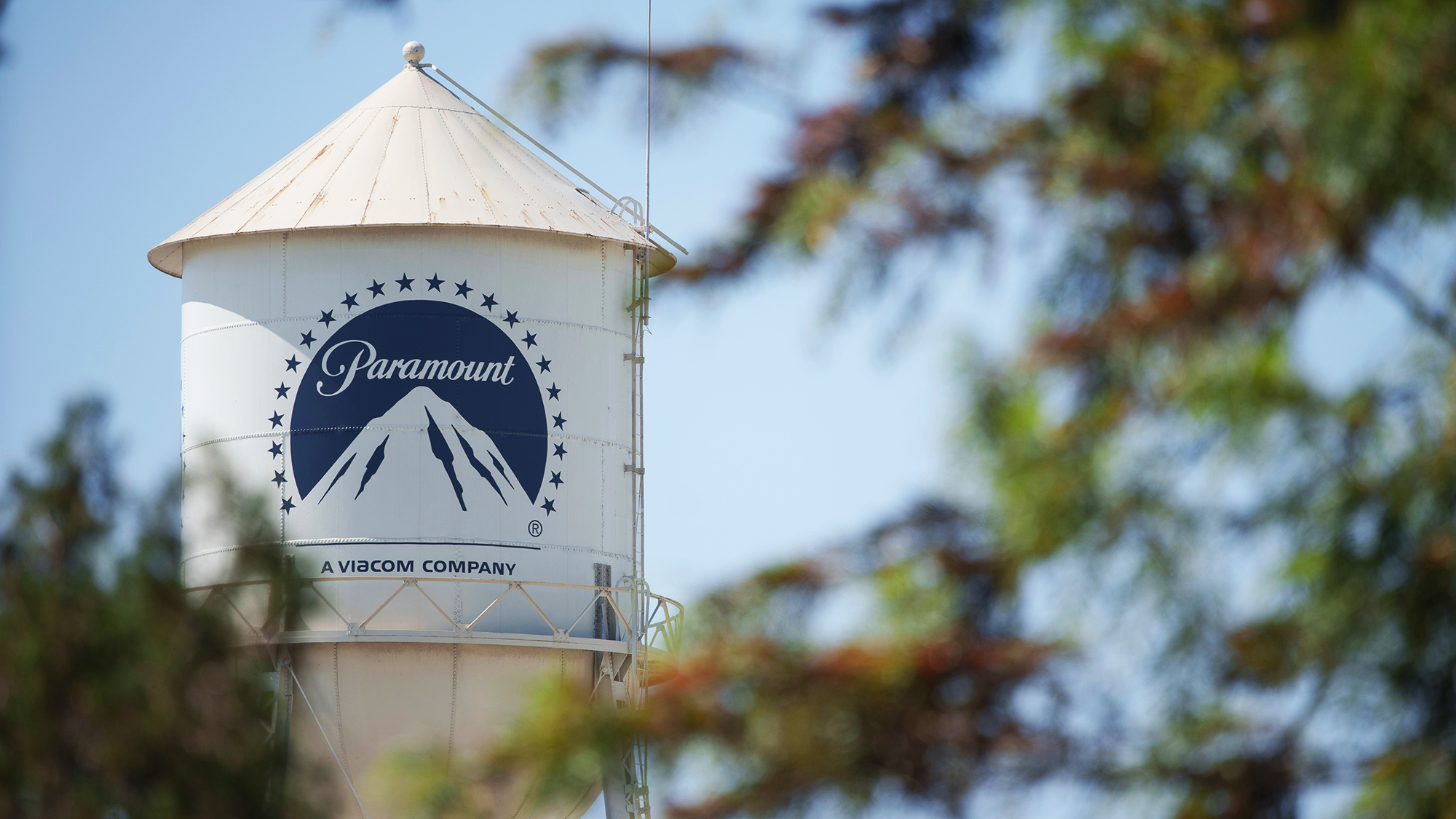 FCC greenlights $8B Paramount-Skydance merger
FCC greenlights $8B Paramount-Skydance mergerSpeed Read The Federal Communications Commission will allow Paramount to merge with the Hollywood studio Skydance
-
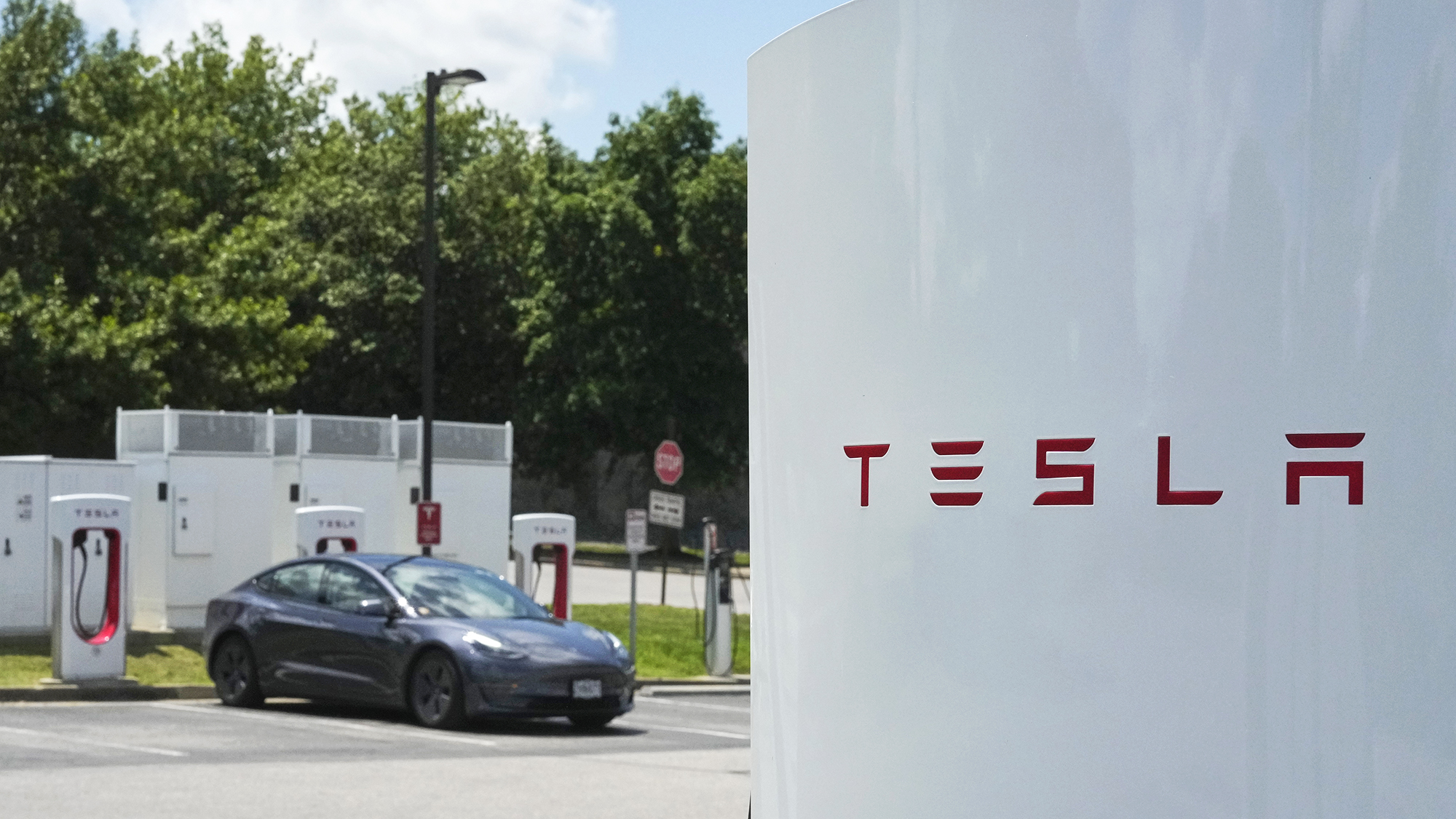 Tesla reports plummeting profits
Tesla reports plummeting profitsSpeed Read The company may soon face more problems with the expiration of federal electric vehicle tax credits
-
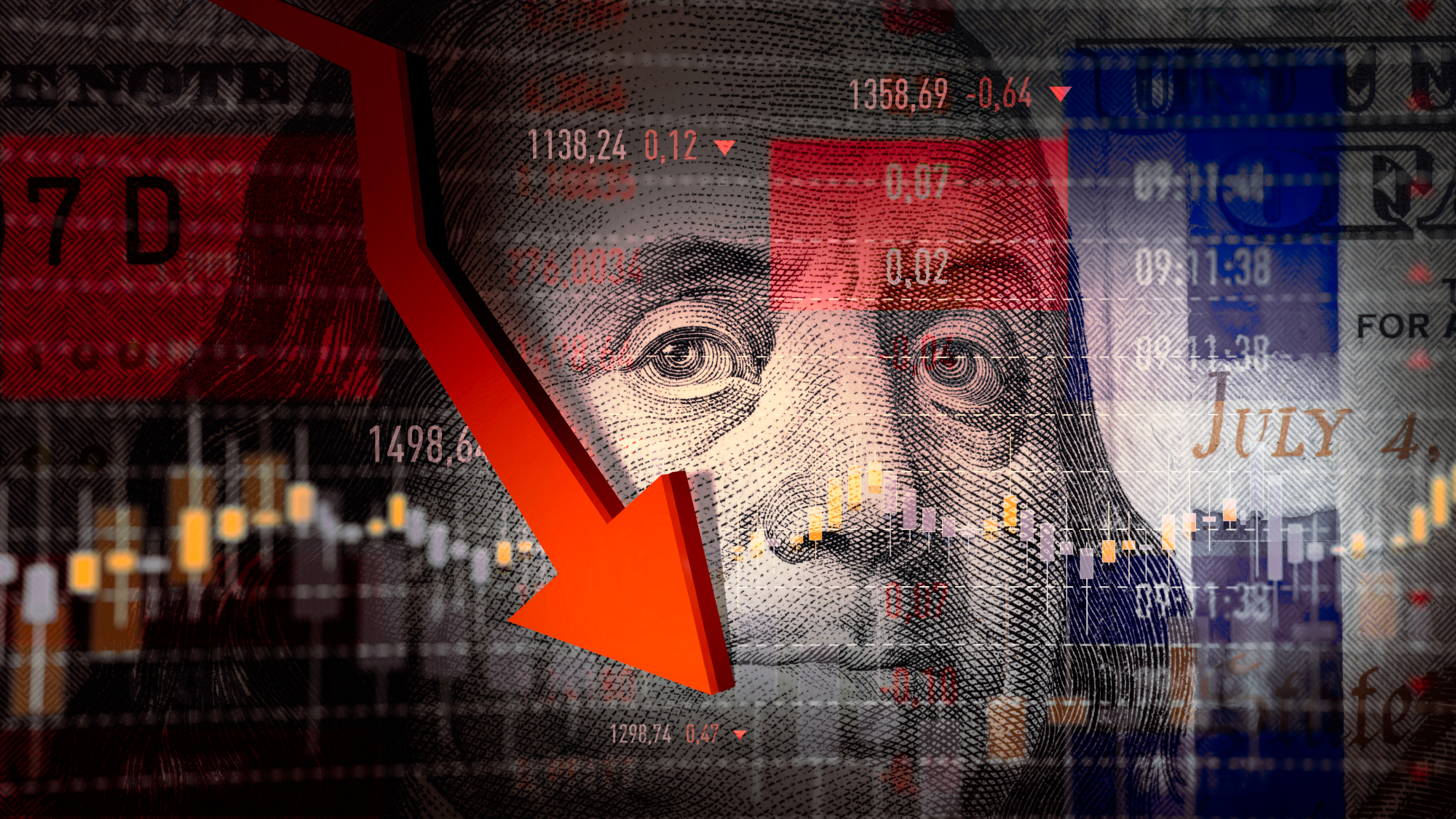 Dollar faces historic slump as stocks hit new high
Dollar faces historic slump as stocks hit new highSpeed Read While stocks have recovered post-Trump tariffs, the dollar has weakened more than 10% this year
-
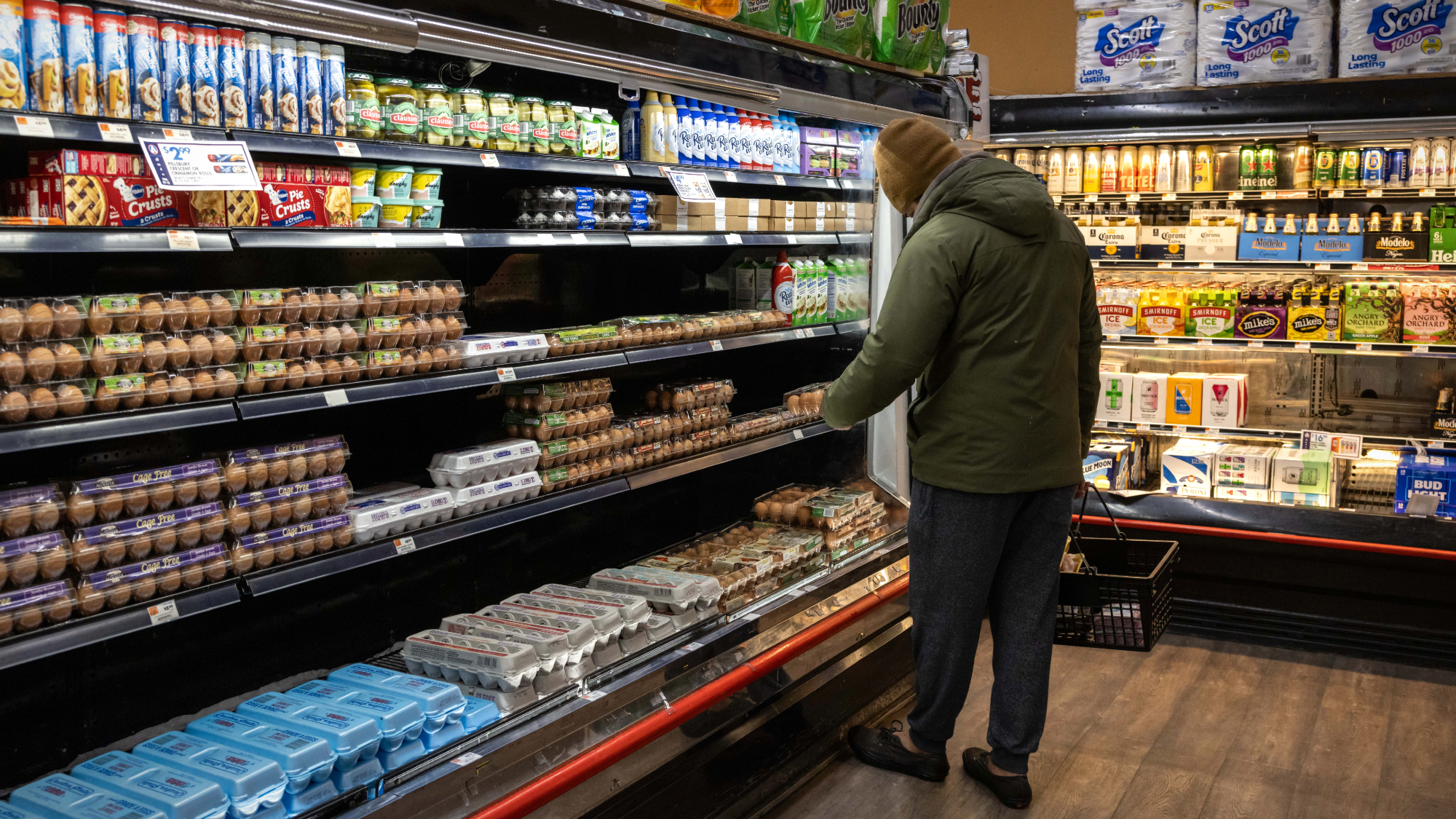 Economists fear US inflation data less reliable
Economists fear US inflation data less reliablespeed read The Labor Department is collecting less data for its consumer price index due to staffing shortages
-
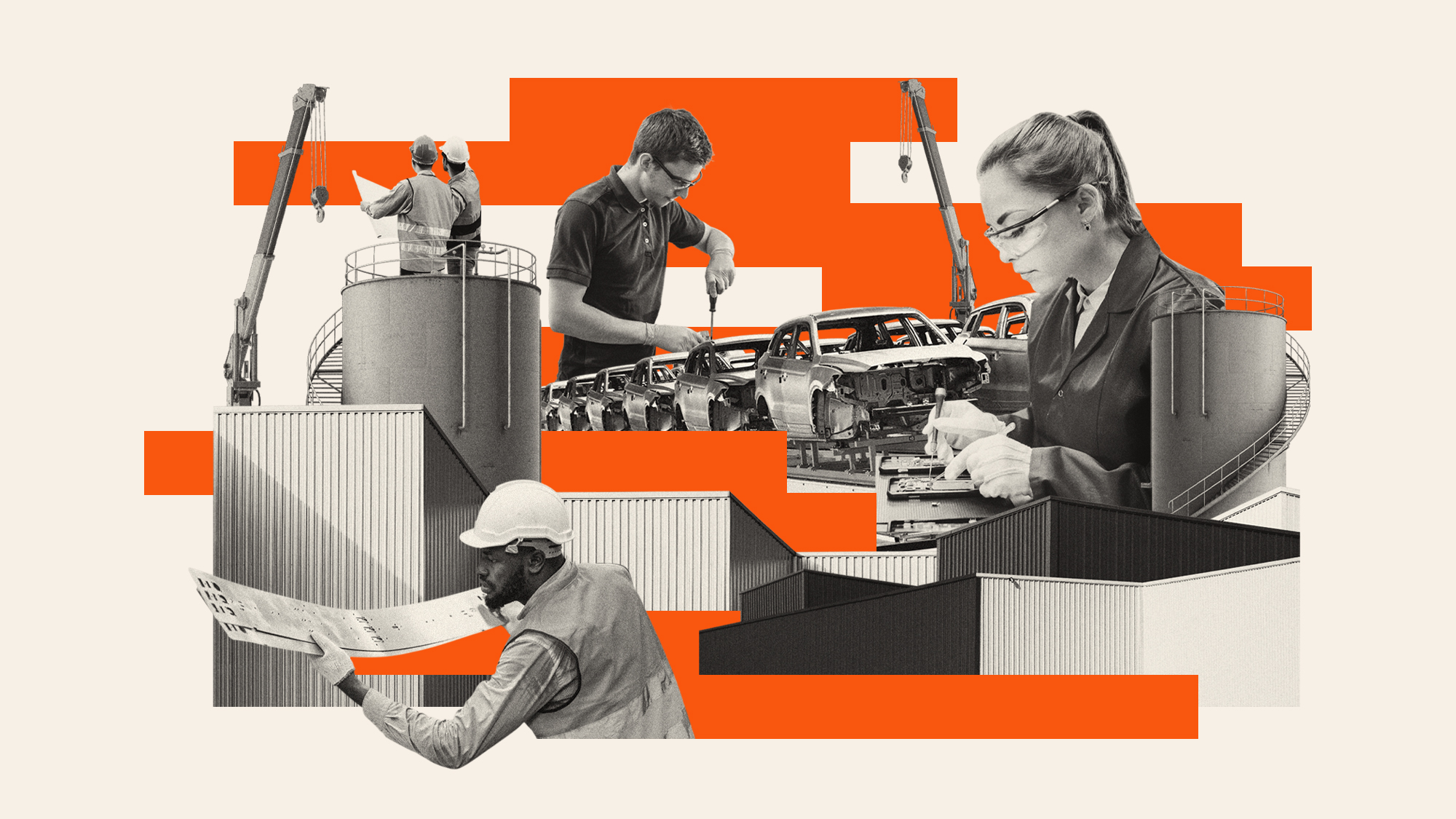 Trump is trying to jump-start US manufacturing. Is it worth it?
Trump is trying to jump-start US manufacturing. Is it worth it?Today's Big Question The jobs are good. The workers may not be there.
-
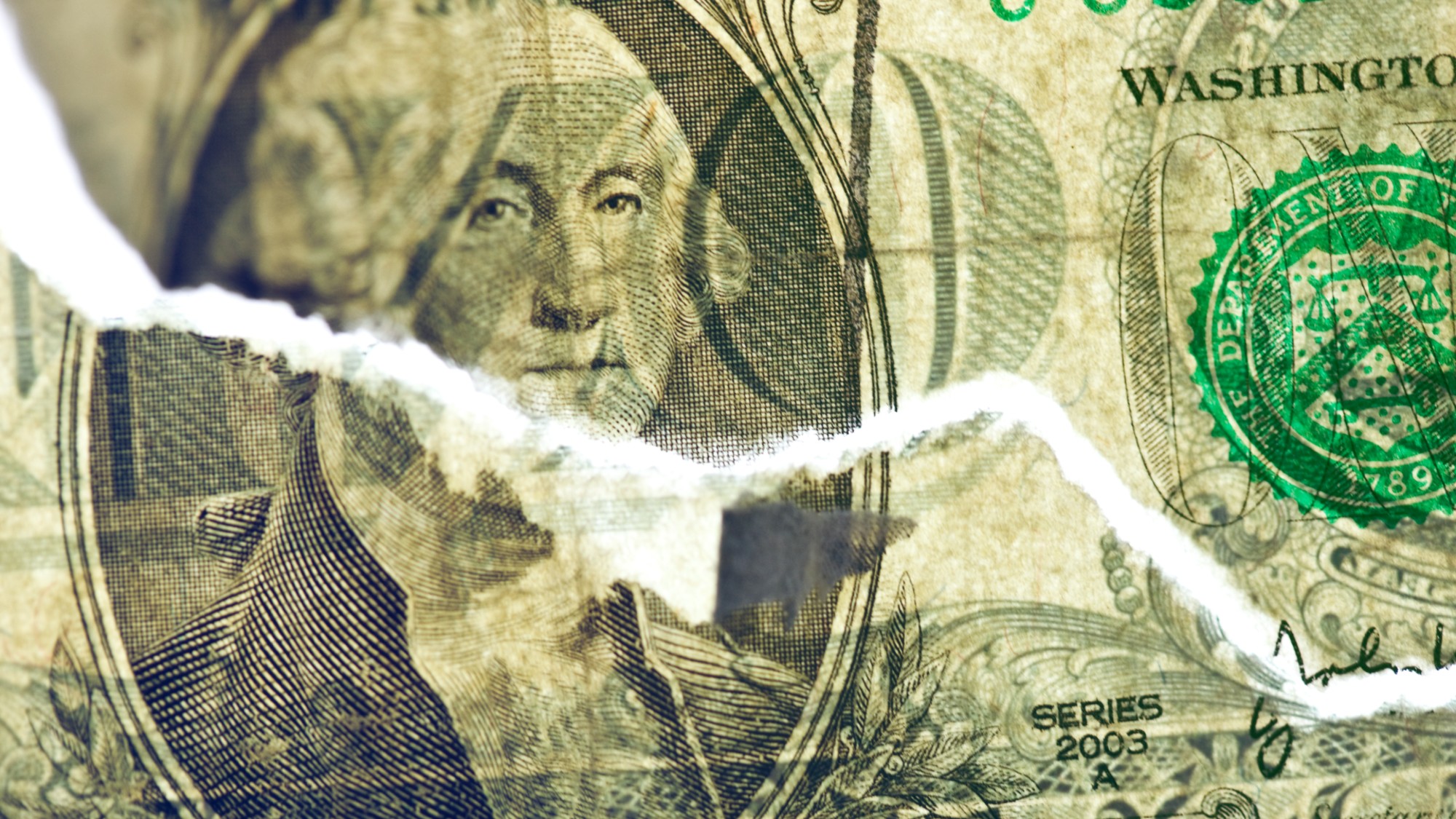 What is the dollar's future after Moody's downgrade?
What is the dollar's future after Moody's downgrade?Today's Big Question Trump trade wars and growing debt have investors looking elsewhere
